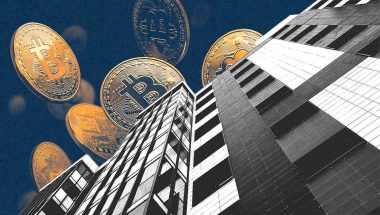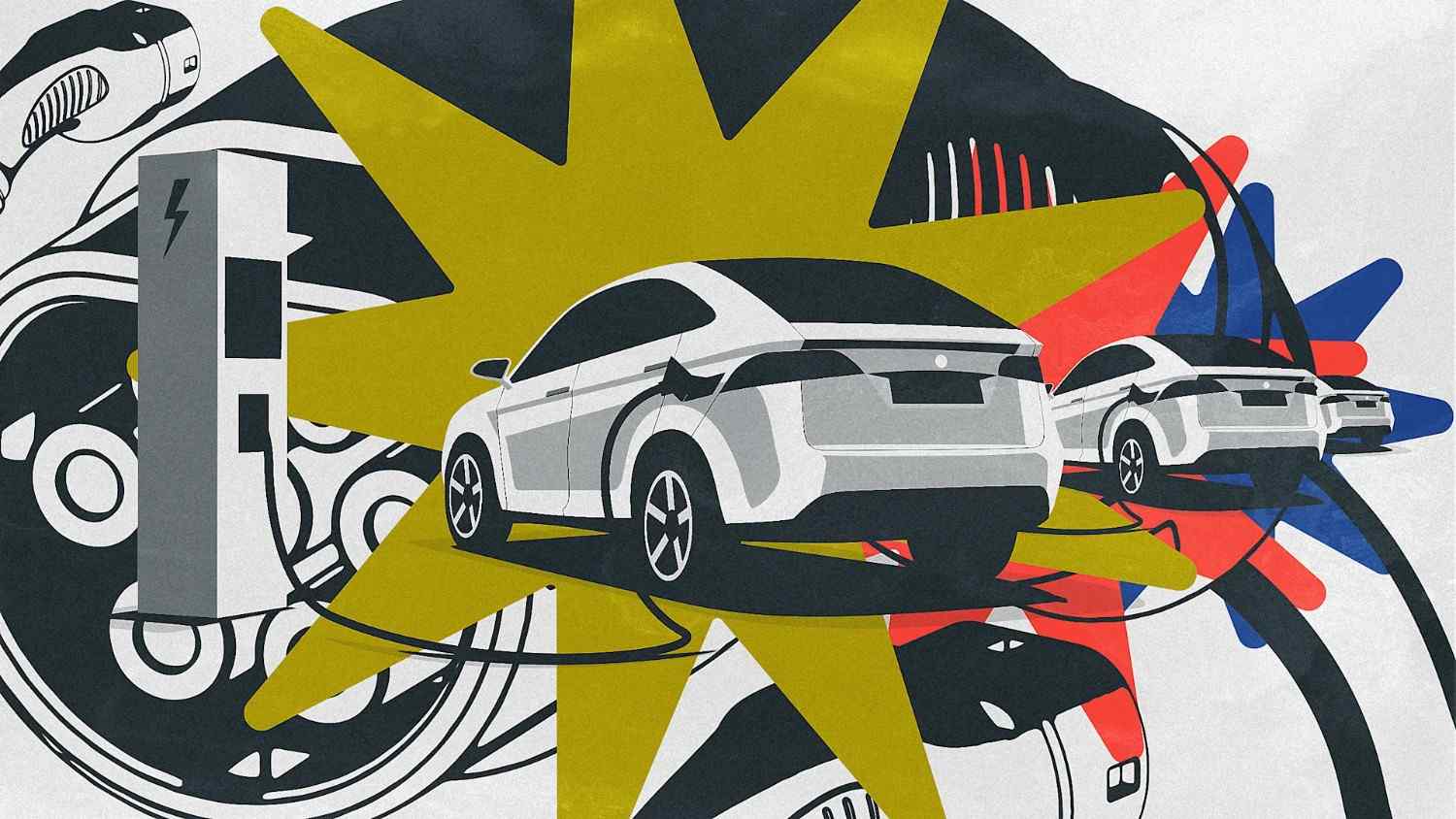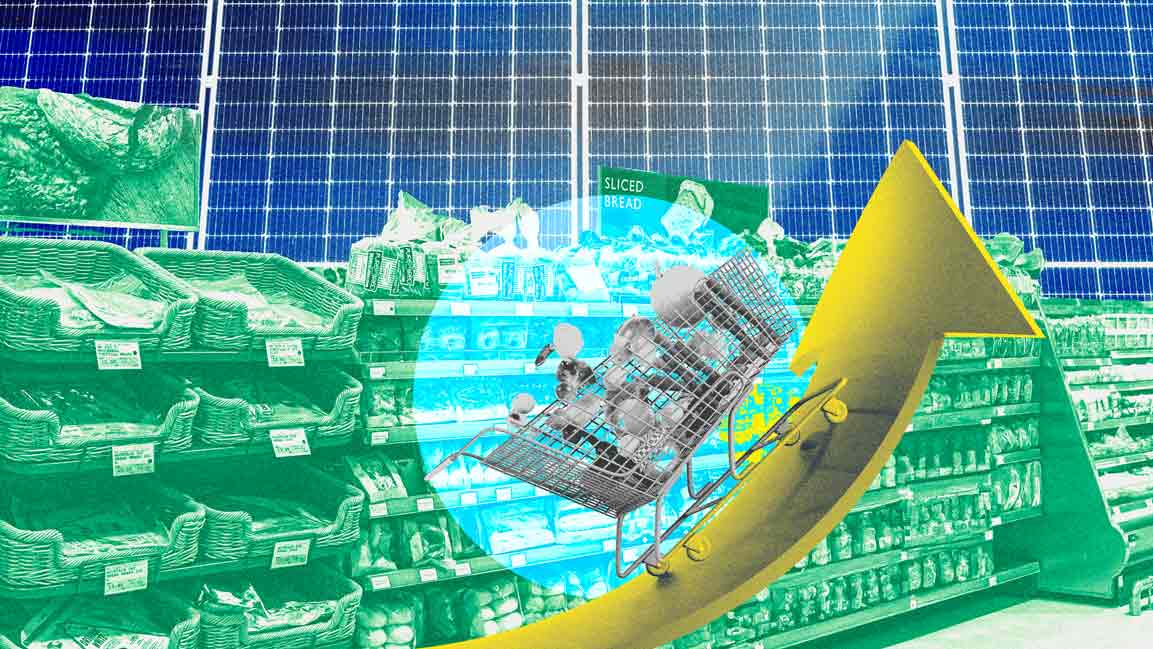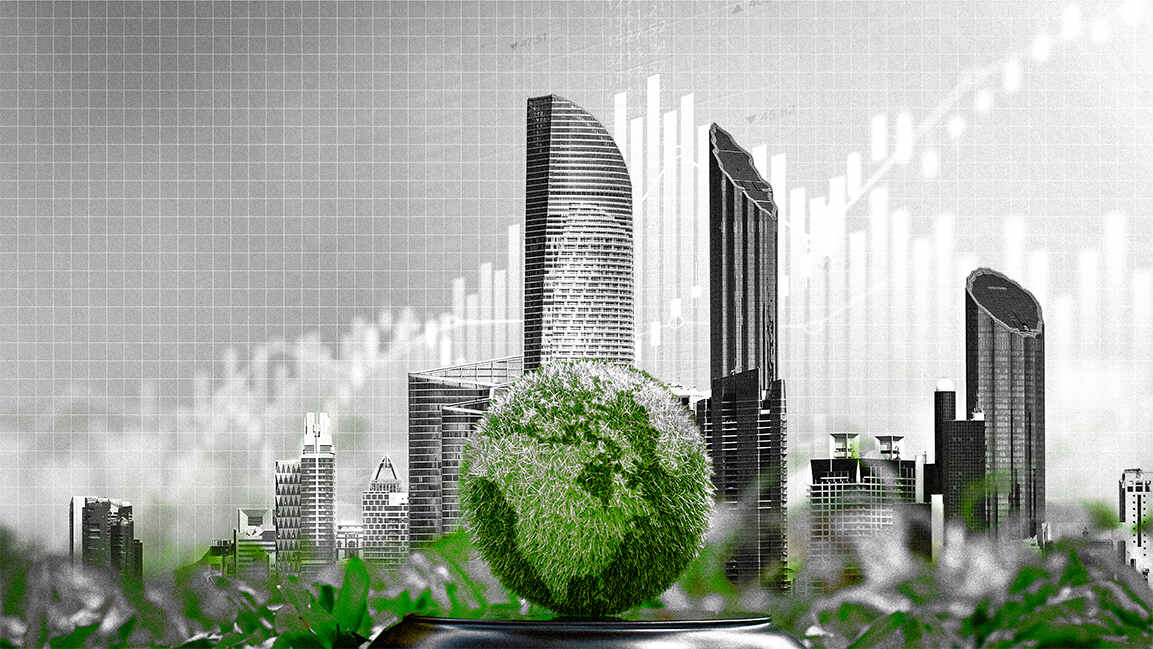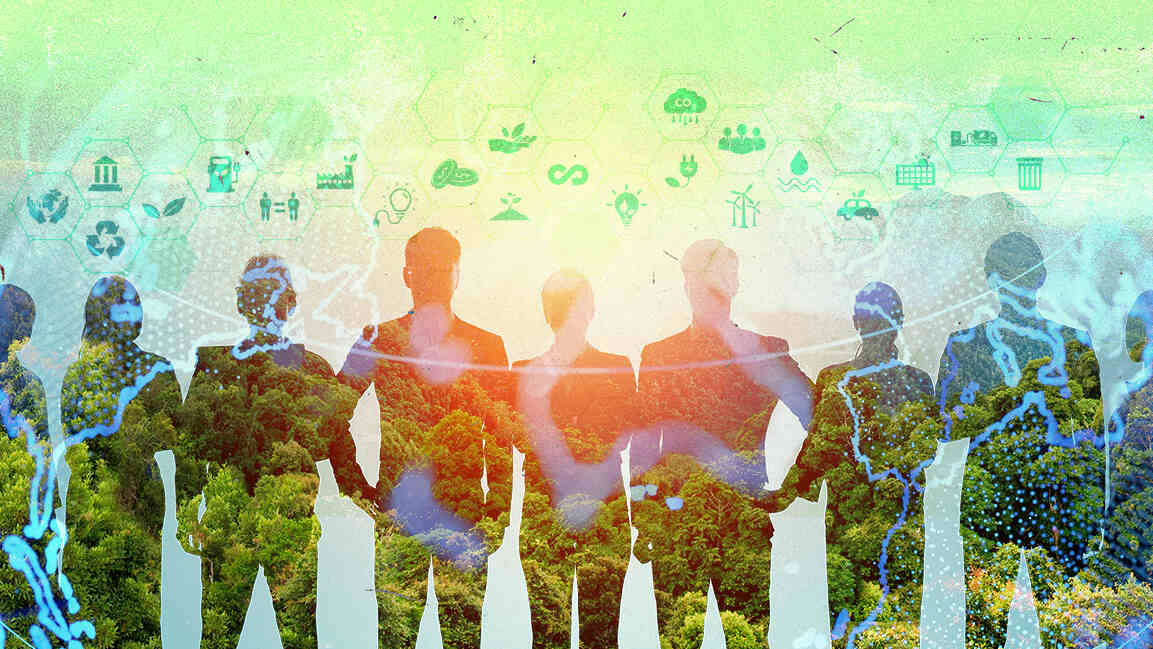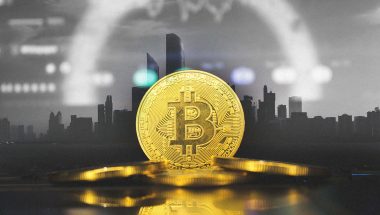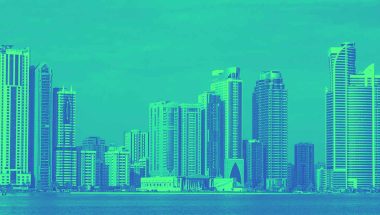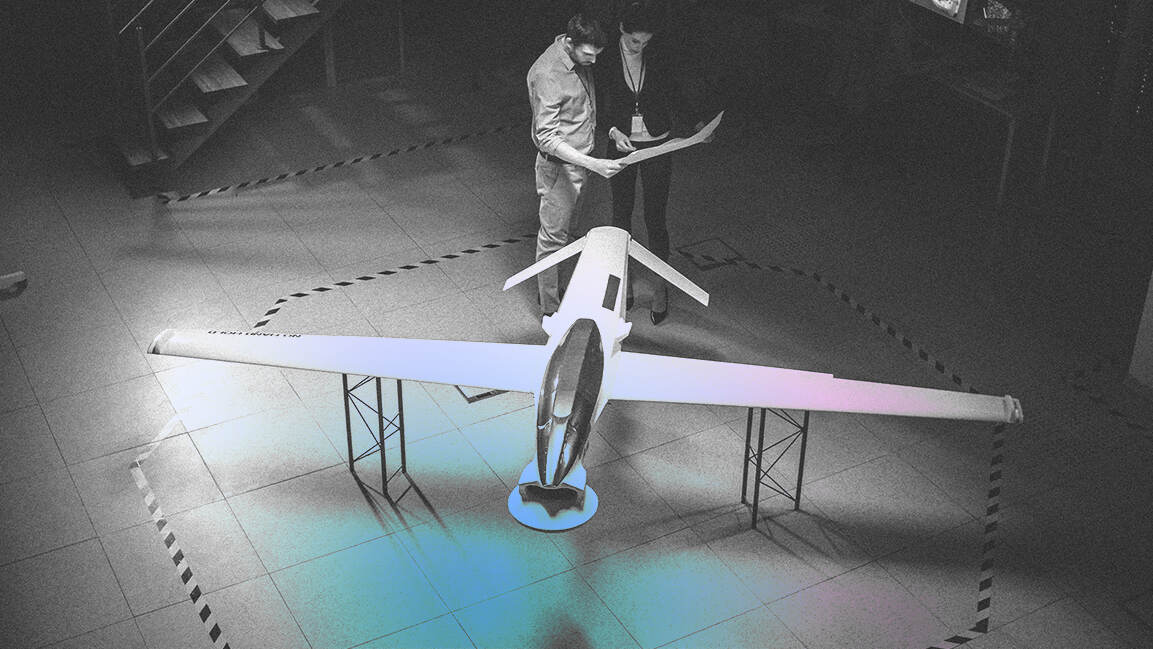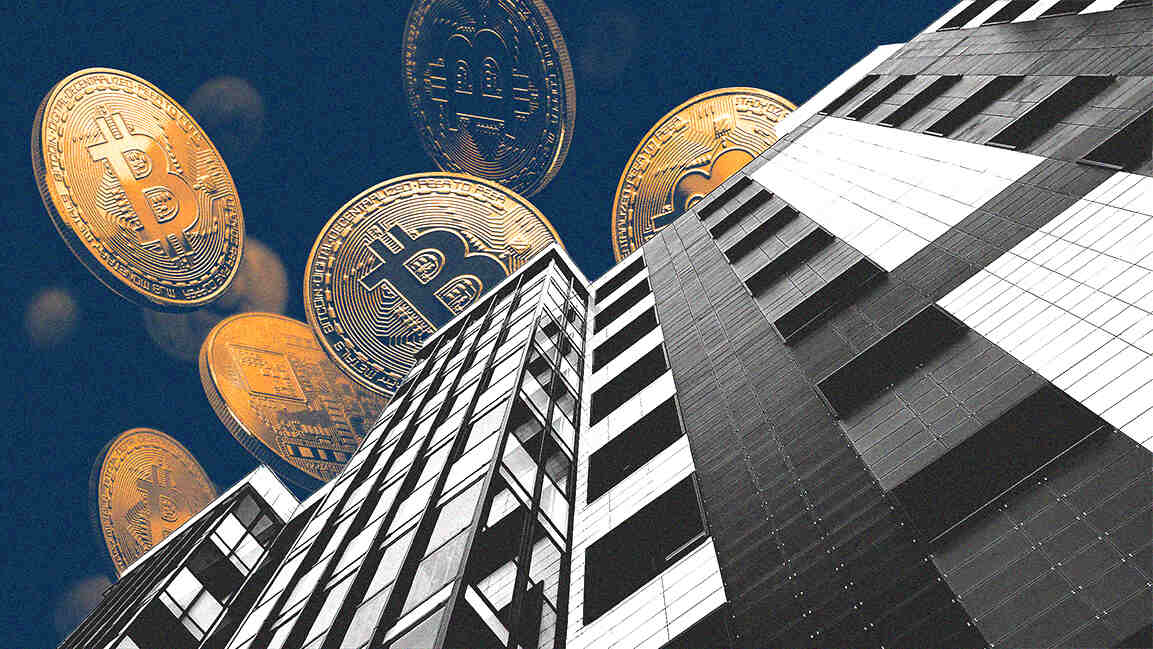- | 9:00 am
Countries falling short on climate goals, former UAE climate minister says at Green Goals summit
Educating and empowering young people is essential to advance sustainability.
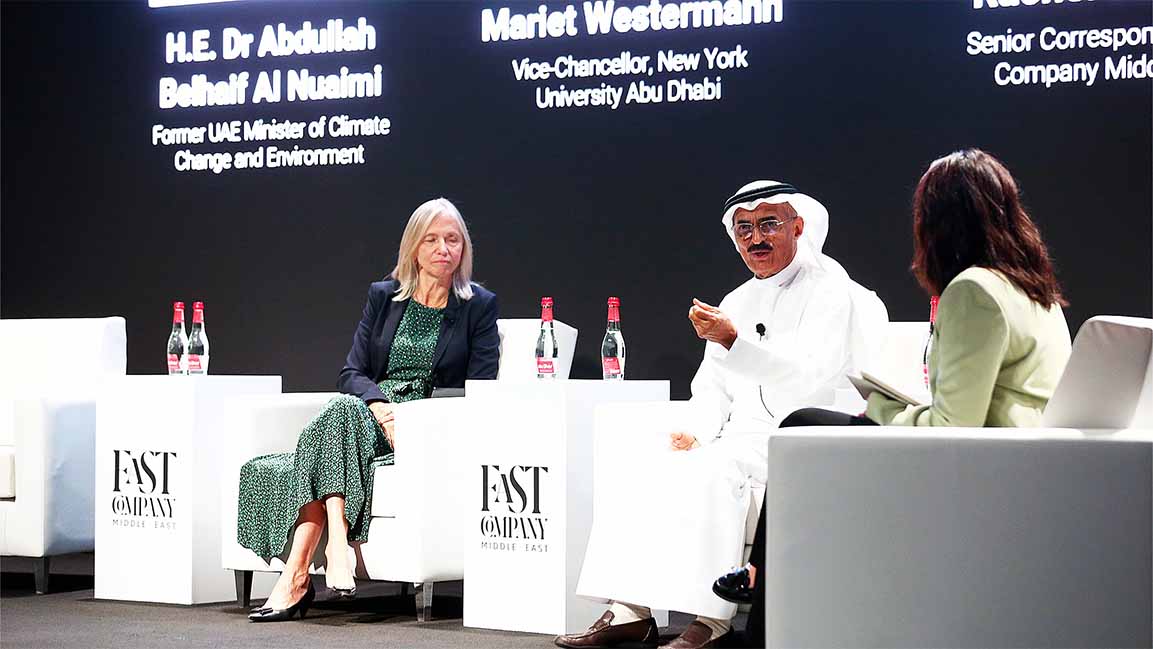
The responsibility for climate mitigation rests on our collective shoulders. The once-distant threat of climate change is now a palpable reality, and a critical question lingers: Is it too late to avert the worst impacts of climate change? Have we already crossed the line of no return?
H.E. Dr Abdullah Belhaif Al Nuaimi, former UAE Minister of Climate Change and Environment, and Mariet Westermann, Vice-Chancellor of New York University Abu Dhabi, addressed these urgent questions at the Green Goals Summit, held at the Museum of the Future in Dubai last week.
Speaking at the Power of Now: Uniting For Immediate Impact panel, Dr. Al Nuaimi called out countries for failing to fully deliver on their commitments under the Paris Agreement eight years after it was adopted.
Dr. Al Nuaimi said that the agreement’s stipulations, which focus heavily on mitigation and adaptation, have neglected other important factors, such as awareness, and added that how climate finance is allocated to developing countries needs to be reworked.
“We are on track for an increase beyond 2.5 degrees Celsius,” he said. “If we continue on this path, we will worsen things.”
The former minister said blue hydrogen, seen by many countries in the region as the clean energy of the future, is extracted from natural gas in a process that requires a lot of energy and emits vast amounts of carbon dioxide. Producing natural gas also releases methane, a particularly potent greenhouse gas.
RENEWABLE ENERGY AND OTHER CONCERNS
He expressed the need for immediate action on the world’s energy consumption. Over the past decade, the global community has managed to supply only about 3% of global energy consumption through renewable sources. This means that even after eight years of effort, we are yet to keep pace with the growing demand.
“The fact that we have only been able to increase renewable energy supply by 3% while demand has grown by 18% is alarming and highlights the need for urgent action. The situation is quite dire when you consider all the data and numbers.”
He said solar and wind energy, while being natural resources, are not entirely sustainable due to the infrastructure and materials required to harness their power.
In addition to the environmental impact of extracting minerals for renewable energy technologies, Dr. Al Nuaimi highlighted the potential supply chain challenges associated with these materials.
He pointed out China’s dominant position in the rare earth elements industry, with the country controlling 58% of all rare earth mining, 89% of raw ore refining, and 92% of rare earth-based component manufacturing worldwide.
This concentration of supply raises concerns about the availability and affordability of these critical materials for renewable energy development.
Westermann also expressed her concerns that a significant gap exists between the current state of affairs and the envisioned sustainable future. She attributed this gap to the tendency to postpone addressing crucial issues like mineral resource scarcity until 2050.
“People find sustainability very abstract, something that other people and engineers are going to solve for us rather than something you can contribute to,” she said.
She emphasized that individual actions can significantly impact the substantial energy consumption associated with building systems and water usage, even within a small campus setting.
Westermann advocates setting goals, outlining achievable pathways, and conducting regular check-ins to track progress.
THERE IS HOPE DESPITE CHALLENGES
Westermann offered an optimistic outlook despite the region’s current challenges, saying that despite the disappointing data, there is still time to start or accelerate the climate stewardship journey.
“It’s depressing. The constant drumbeat of news about fires, unprecedented fires, unprecedented numbers of hurricanes, typhoons, floodings, and other weather disasters,” she said.
However, despite the slow progress, she said many positive developments have occurred in recent years. “Governments, industries, civil society, educational institutions, and individuals are taking action faster.”
Westermann expressed optimism about the rapid adoption of renewable energy, especially in the UAE, and acknowledged the role of consumer demand, particularly among young people, in driving the adoption of renewable energy.
“What keeps me hopeful every day and motivates me is that human beings are deeply flawed but amazingly resilient and can pull together when needed,” she added.








